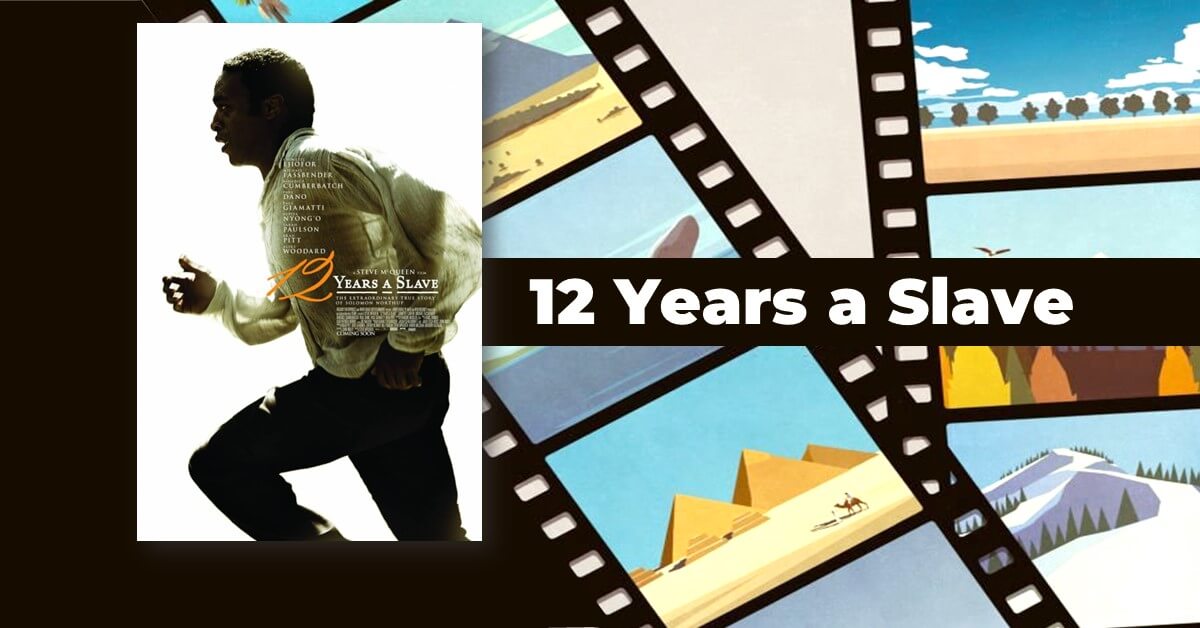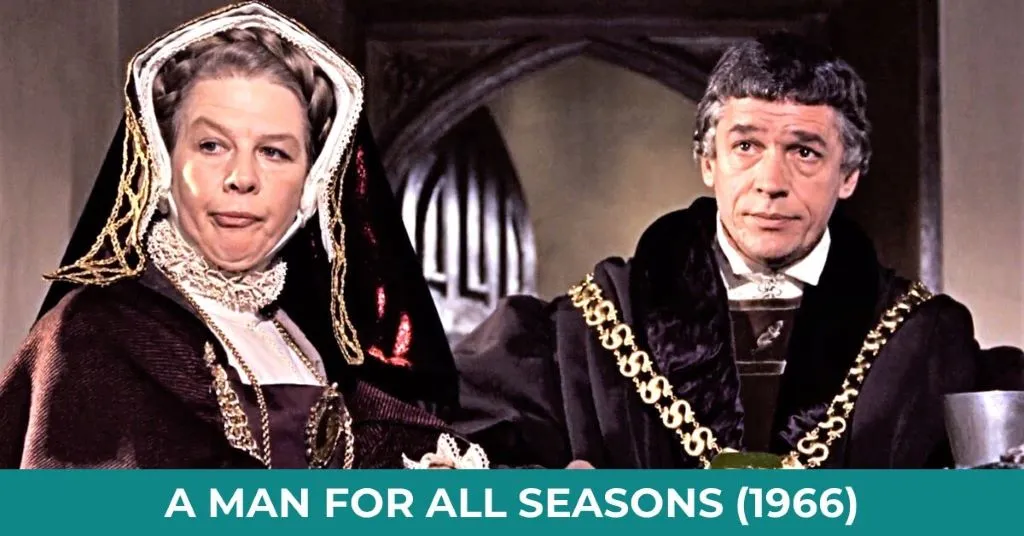Last updated on November 4th, 2023 at 04:44 pm
12 Years a Slave is a 2013 British-American historical drama film directed by Steve McQueen and written by John Ridley. Based on the 1853 memoir of the same name by Solomon Northup, the film stars Chiwetel Ejiofor as Northup, a free African-American man who is kidnapped and sold into slavery in the antebellum United States. The film also stars Lupita Nyong’o, Michael Fassbender, Brad Pitt, and Benedict Cumberbatch, among others.
The film premiered at the Telluride Film Festival in 2013 and was later released in the United States on October 18, 2013. It received widespread critical acclaim and won the Academy Award for Best Picture, as well as Best Supporting Actress for Nyong’o and Best Adapted Screenplay for Ridley. It is one of the 101 best films of 100 years on my watch list.
Storyline: 12 Years a Slave
12 Years a Slave tells the true story of Solomon Northup, a free African-American man living in Saratoga, New York in 1841. Northup is a skilled musician and carpenter, and he is happily married with two children.
One day, he is approached by two men who offer him a job as a musician in Washington D.C. Excited about the opportunity, Northup accepts and is soon drugged and kidnapped. He wakes up to find himself in chains, and he is told that he is now a slave and that his name is now Platt.
Northup is sold to a slave owner named William Ford, who is relatively kind to him. However, Ford falls into financial trouble and is forced to sell Northup to another slave owner, Edwin Epps. Epps is a cruel and sadistic man, and Northup suffers greatly under his ownership. He is beaten, whipped, and forced to work in the cotton fields alongside other slaves.
Throughout his 12 years in slavery, Northup never loses hope of one day regaining his freedom. He befriends a fellow slave named Bass, who helps him to write letters to friends and family back in New York. Eventually, Northup’s letters reach the hands of his friends, and they are able to secure his release.
Moral
12 Years a Slave is a powerful and emotionally charged film that shines a light on the atrocities of slavery and the strength of the human spirit. The film is a stark reminder of the brutal and inhumane treatment that enslaved people were subjected to during the antebellum United States. It also highlights the resilience and determination of those who were enslaved and the lengths they would go to in order to regain their freedom.
The film also highlights the role of abolitionists, like Bass, who risked their lives to help enslaved people escape to freedom. It also shows the role of the government and the legal system in enforcing and supporting the institution of slavery.
Analysis
Analysis 1: Themes of Freedom and Oppression
One of the most prominent themes in 12 Years a Slave is the concept of freedom and oppression. The film explores the brutal reality of slavery and the ways in which enslaved people were denied their basic human rights and freedoms. The film also explores the resilience and determination of enslaved people as they fight for their freedom and their right to live as human beings.
Analysis 2: The Characters’ Journey
Another important aspect of the film is the character development of Solomon Northup and the other characters in the film. The film follows Northup’s journey from a free man to a slave and back again. Through this journey, we see the ways in which slavery dehumanizes and oppresses individuals. We also see the ways in which Northup’s determination and hope for freedom never wane, even when faced with the worst atrocities of slavery. The film also shows the journey of the other characters, particularly Patsey, and their strive for freedom.
Analysis 3: The Film’s Cinematography
12 Years a Slave is also notable for its striking and powerful cinematography. The film’s visuals are used to convey the emotional weight of the story and the characters’ experiences. The film also uses the landscape of the antebellum South to create a sense of place and to underscore the brutal reality of slavery.
Analysis 4: The Importance of Historical Accuracy
The film is based on the true story of Solomon Northup, and this historical accuracy is important in order to understand the past and to work towards a better future. The film is a stark reminder of the brutal and inhumane treatment that enslaved people were subjected to during the antebellum United States.
It also highlights the role of abolitionists, like Bass, who risked their lives to help enslaved people escape to freedom. It also shows the role of the government and the legal system in enforcing and supporting the institution of slavery.
By being historically accurate, the film is able to convey the true horror of slavery, making it a powerful tool for raising awareness and encouraging social change.
Conclusion
12 Years a Slave is a powerful and important film that tells the true story of one man’s struggle for freedom during the antebellum United States. The film is a moving and emotional portrayal of the horrors of slavery and the strength of the human spirit.
It is a reminder of the atrocities of the past and serves as a call to action for a better future.
The film also shows that hope and determination can bring about change and freedom. It is a film that should be seen by all to understand the past and to work towards a more just society.






